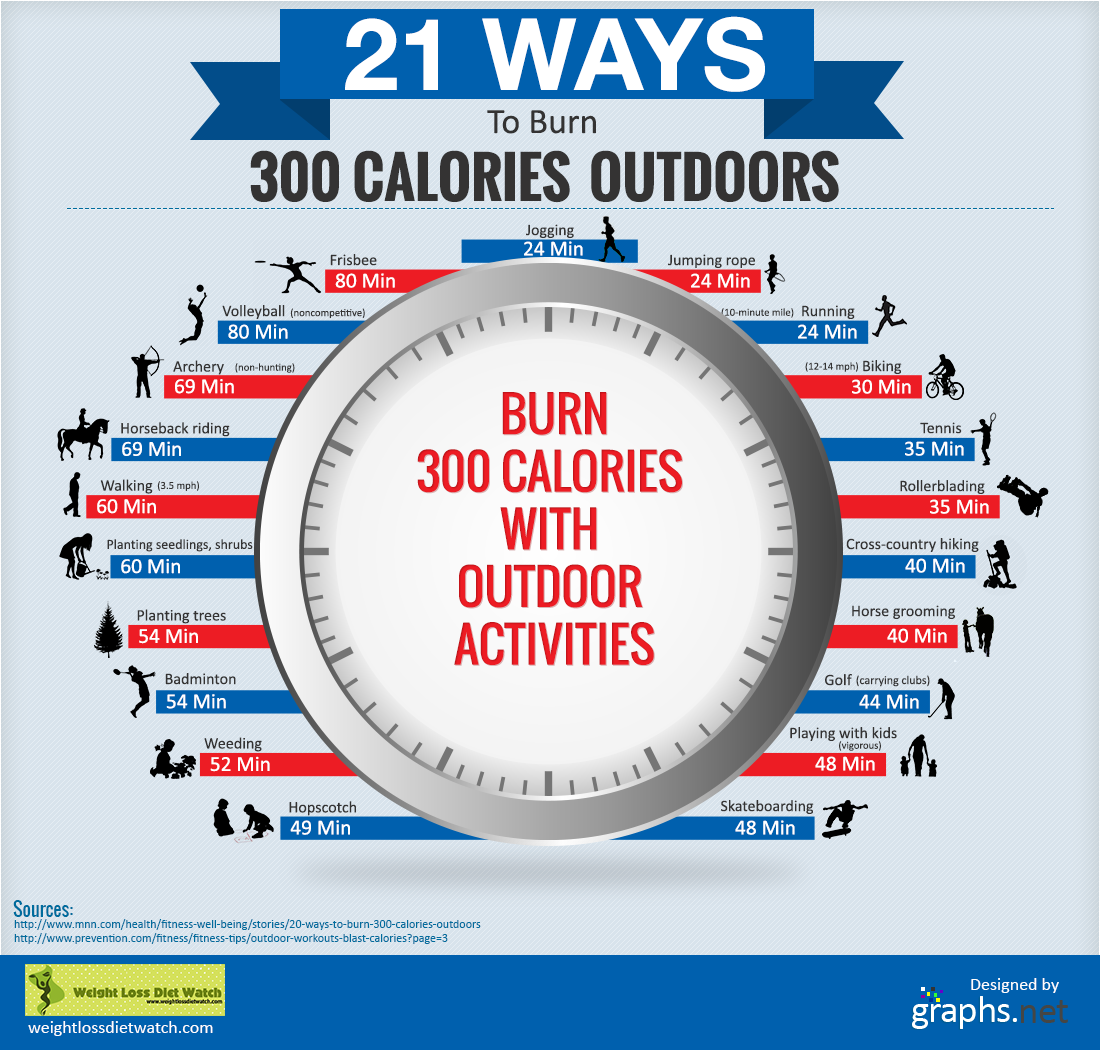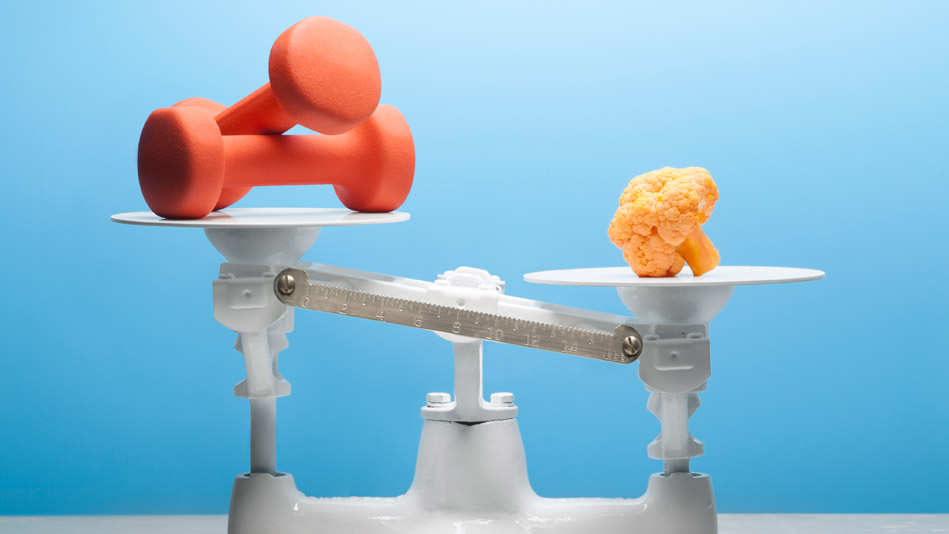
You can influence the nutritional quality and availability of your children's food by influencing their Fathers, predicting, availability, influence, as well as fathers. This article examines each of these factors. These tips can help ensure that your child's diet is healthy.
Predict
In order to pre-determine a child’s diet, the researcher needs to identify factors that can influence their eating habits. A SEP intervention must be incorporated when considering these factors. Because children from middle and lower-income countries may have different eating habits, this can make it difficult to incorporate SEP into an intervention. These factors will help you make an accurate prediction about your child's diet.
Accessibility
The availability of food and household income are important factors that influence a child's nutrition. But, food availability is not always an independent variable. The child's diet will depend on the mother's financial support. In certain cases, children's nutrition can be negatively affected by the availability of food in the home. Further testing is necessary to determine which factors influence children's diet. However, several interventions have proven promising.

Influence
The influence of a child's diet on physical development was a topic of discussion in several studies. The present study examined how parents and teachers felt that their child’s diet affected their child’s physical development. The results showed that parents with higher incomes were more open to discussing the health benefits of healthy eating. However, lower income parents focused more on appearance and functional ability.
Fathers
It is becoming increasingly clear that fathers play a vital role in children's nutrition and physical activity. While mothers often play an important role in a child's development, fathers have an even greater influence on their children's diet and physical activity. According to focus group responses, fathers play an important role in shaping children’s eating habits. Here are some tips to help fathers play an active part in their children's lives.
Education level
In the past, research has shown that education levels may affect the dietary patterns of children. While there was no significant difference in macronutrient intake or NMES between the groups, educational levels of mothers had an impact on dietary choices. High education children ate more carotene, retinol and vitamin E than their peers from low-income households. These results suggest that children with higher education have a healthier diet.
Access to healthy food
A key component to combating and preventing childhood weight gain is the availability of healthy and nutritious foods. However, many families lack access to affordable and healthy food. This hinders food security. Food security refers to the constant availability of nutritious foods. The United States Department of Agriculture (USDA) estimates that 1 in 9 Americans are food insecure. Nearly 11,000,000 children live within food insecure zones.

Contraindicated feeding practices can cause adverse health effects
Research into the adverse effects of restricted feeding practices has revealed a link between child characteristics, and food intake. These characteristics include BMI percentile, approach, inhibitory controls, and the RRV, or restricted reference volume, of the restricted foods. It is not clear how child characteristics relate to food intake. This is due to the fact that a child’s individual characteristics can have an effect on their dietary response and behavior, even when they are limited in access to certain foods.
FAQ
What length of Intermittent Fasting should I be doing to lose weight?
The answer may not be as straightforward as you think. When determining the number of days you should fast for optimal fat reduction, there are many factors to consider. These are:
-
Your age. For example, if you're young (under 40), intermittent fasting may be too difficult for you because you have less time to recover from each day's fast. Alternately, if your age is over 60, intermittent fasting might prove too challenging because you may not have enough energy to last for extended periods of time.
-
Your current body composition. A longer period of fasting is more beneficial for those with a lot of muscle mass. If you don't have a lot of muscle mass, shorter fasting periods may be more suitable.
-
How physically active you are. To ensure adequate rest between workouts, you might need to extend your fasting period if you exercise frequently.
-
Your health history. Extra fasting may be necessary for people who have heart disease, diabetes, cancer, or other medical conditions.
-
What is your tolerance for stress? Stressful situations can make us eat more. You might need to lengthen your fasting windows in order not to have this problem.
-
Which type of diet you choose. Certain diets, like ketogenic diets, may require even longer fasting periods.
-
How much sleep you get. Insufficient sleep has been associated with decreased metabolism and increased appetite. It might take some time to find what works best for your needs.
-
The amount you eat of protein. Protein helps stabilize blood sugar levels, which means that eating more protein could potentially lead to lower insulin levels. This would allow you to fast for longer periods of time.
-
Individuals who are trying lose or gain weight will require longer fasting times than those who are trying.
-
How many calories do you consume in your fasting windows? You might lose more fat if your daily calories are lower than those you consume.
-
Your overall fitness level. The metabolic rate of fast people who are fit is higher, which means they burn more calories each day.
-
Your gender. Men tend to have greater appetites that women, so they may need a longer fast. Women are more likely to have smaller appetites and may need to fast only 20-30 minutes every day.
-
Your lifestyle. Do you get enough physical activity? Do you exercise multiple times a week or do you just go to the gym? Does your job involve sitting at a desk all day long? These factors could affect how much you should fast.
-
How much money do you spend on food? Healthy eating doesn't mean you have to spend a lot on groceries. It's possible to save money by purchasing whole grains rather than white bread, fruit instead of candy bars, lean meats instead fatty cuts, and fruits instead of candy.
-
How important it can be to control your appetite. You don't have to skip meals if you don’t want to.
How can busy people lose fat?
You can lose weight by eating less and moving more.
Weight gain is possible if you eat a lot of food. If you don't exercise enough, you'll also gain weight. If you combine these two simple behaviors, you can lose weight.
What should I eat when I fast intermittently to lose weight
To lose weight, the best thing to do is cut back on carbs. This means avoiding bread, pasta, rice and potatoes as well as other carbohydrate-based foods.
It is important to eat less protein, as it will keep you fuller longer. So you won’t feel hungry nearly as often.
Instead, focus on foods that contain healthy fats, such as olive oil, avocado, nuts, and seeds. These foods are satisfying and will keep your hunger at bay for hours.
It's important to make sure you're drinking plenty of water, too. Water helps you stay hydrated, which makes it easier to burn fat.
You may find that you actually crave these foods when you fast. You don't have to cave to your cravings. You might gain more weight if you do.
You can avoid overeating by being mindful of how much water you consume each day. Instead of reaching for another snack, sip a glass of water when you feel hungry.
It might sound counterintuitive at first, but it has been shown that this can help you slim down. In a study published by Obesity, it was found that people consumed less calories if they drank plain water instead of sugary drinks.
Additionally, plain water can help reduce hunger pangs. So if you really want to lose weight, skip the sweetened beverages and stick to water.
It doesn't take much to lose weight. Instead, you should make small lifestyle changes.
One way to start is by substituting your typical breakfast sandwich with a bowl of oatmeal. Or swap your afternoon cookie for a piece of fruit.
These easy swaps can add up and help you lose weight without spending hours in the kitchen.
Do cardio exercises work fast to help me lose weight?
Cardio exercises are great for burning calories, but they don't necessarily help you lose weight. It all depends on how many calories you've stored and what type exercise you do.
Cardio exercises may not be sufficient to lose weight if you are overweight.
You should combine them with dieting or other types exercise.
For instance, if you want to lose weight fast, you should perform cardio exercises like jogging or running. These activities burn more calories that any other form.
However, if you want to gain muscles instead of losing fat, you must perform resistance training. Resistance training is done with no cost weights, machines, elastic bands, or other equipment.
To lose weight fast, you need to combine cardio exercises with resistance training.
For fast weight loss, combine resistance and cardio training.
Statistics
- According to a study sponsored by the American Council on Exercise, a person weighing around 140 pounds (64 kg) would burn 108 calories at a 30-minute beginner's Pilates class or 168 calories at an advanced class of the same duration (26). (healthline.com)
- One 6-month study showed that simply doing 11 minutes of strength-based exercises 3 times per week resulted in a 7.4% increase in metabolic rate, on average. (healthline.com)
- It's estimated that half of all American adults attempt to lose weight every year (1Trusted (healthline.com)
- According to Harvard Health, it's estimated that a 155-pound (70-kg) person burns roughly 112 calories per 30 minutes of weight training (5). (healthline.com)
External Links
How To
How to lose weight quickly and without doing any exercise
It is best to eat less calories than you burn to lose weight quickly. Your body will start to burn fat stores for energy. Your body will start to reduce muscle tissue for energy if you don't eat enough calories. You can still lose weight if you don't work out while dieting, but you'll probably lose even more muscle mass.
To lose weight quickly and without exercising, you need to cut down on your calorie intake. It is common for people to believe that they must cut down on their food intake in an effort to lose weight. In order to lose weight you should eat less calories than you burn. So what should you be eating each day? It depends on what kind of activity you engage in daily. For example, a runner who walks 3 to 5 miles per day would only require 2,500 calories daily. Someone who works at a desk all day long would require around 1,600 calories daily. A person who exercises frequently (like lifting weights), would only need about 1,600 calories per day.
When you want lose weight, it is important to cut down on your caloric intake. Many people feel that they shouldn't eat as much food as they do because they feel hungry. This is not true. Your body doesn't care if your hunger pangs are gone or not. It just wants to be healthy. You need to track your calories intake to lose weight. You can monitor your calorie intake with many online apps. You can use these apps to monitor your calorie intake, such as MyFitnessPal, Calorie Counter and LoseIt!